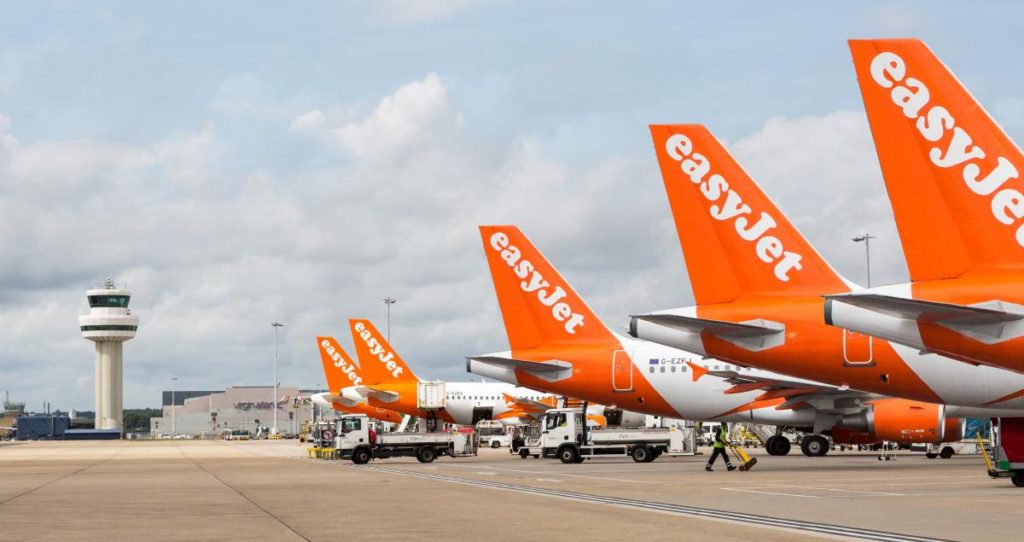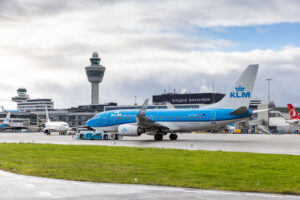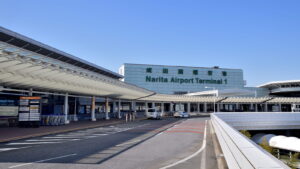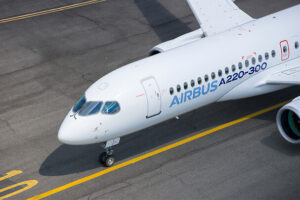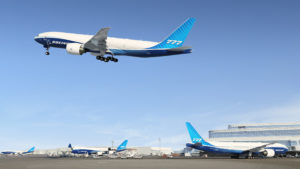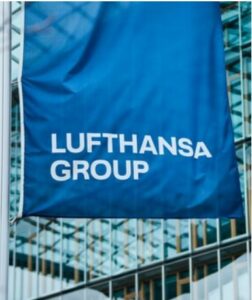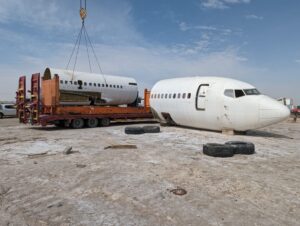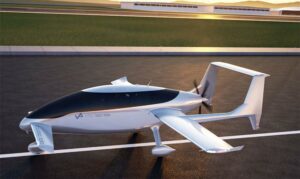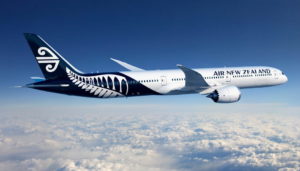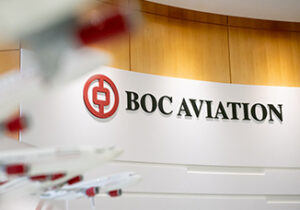easyJet has released its financial results for the first financial half to 31 March 2019. Passenger numbers increased by 4.9 million while capacity increased by 14.5% principally due to annualizing of new operations in Berlin. Load factor decreased by 1.0 percentage points to 90.1% mainly as a result of building loads in Berlin in the first quarter. Total revenue increased by 7.3% to £2,343 million (H1 2018: £2,183 million).
Total revenue per seat decreased by 6.3% to £50.71 (H1 2018: £54.10), with a decrease of 7.4% at constant currency. Headline cost per seat increased by 3.9% to £56.66 (H1 2018: £54.53) as a result of fuel price increases, the impact of foreign exchange, underlying cost inflation, investing in resilience as well as the impact of drones at Gatwick in December, mitigated by easyJet’s cost programme and fleet up-gauging.
Headline cost per seat excluding fuel at constant currency increased by 1.3%. Headline loss before tax was £275 million (H1 2018: loss of £18 million) reflecting the above revenue and cost drivers, easyJet’s normal seasonality as well as increased volume of capacity. Total loss before tax of £272 million for the six months ended 31 March 2019 (H1 2018 loss of £68 million).
It has also been reported that Peter Bellew, COO of Ryanair, will be joining easyJet in an identical role. easyJet’s chief executive Johan Lundgren said: “Peter has an exceptional level of experience across commercial and operational roles in both low-cost and full-service airlines and is a great leader with a proven track record in delivering results. I believe we have secured the very best person for this role and I am delighted to welcome Peter.” (£1.00 = US$1.25 at time of publication.)

